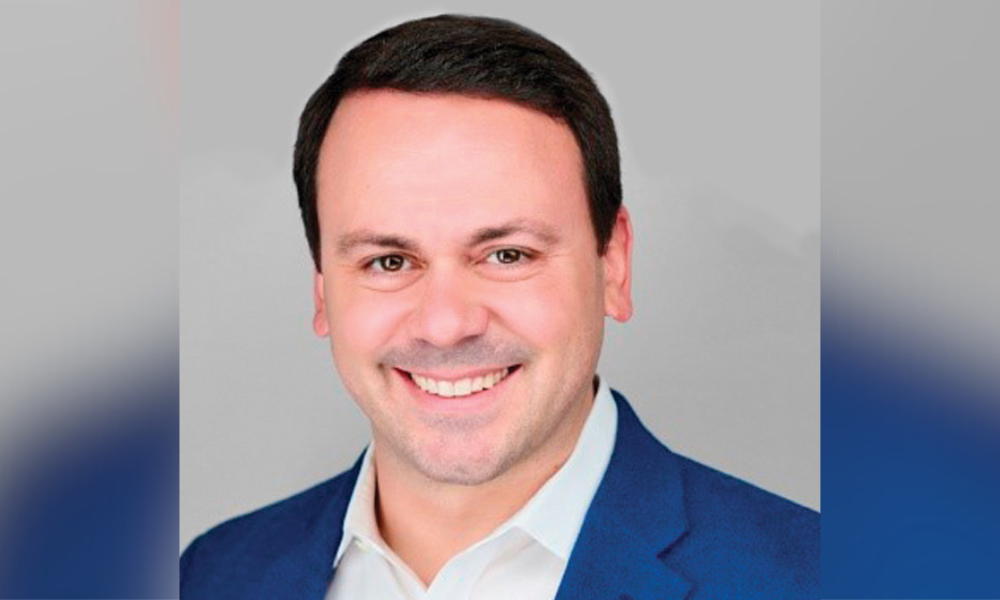Seniors are largely averse to tapping into $12 trillion in collective home equity

Amid uncertain times in the mortgage industry – what with inflation, high mortgage rates, lack of affordability and scant housing – one shouldn’t have to consult a study to realize there’s widespread anxiety out there among homeowners.
Yet for those needing added assurance of high anxiety, Finance of America Reverse last week released its “2023 Home Equity Punch List,” a survey that tracks US homeowners’ perceptions and understanding of home equity, as well as sentiment related to long-term financial planning and retirement-related topics over time.
As the survey lays bare, the anxiety is real. Nearly eight out of ten (79%) homeowners surveyed said they feel anxious about the state of the US economy, the same as in 2022. Other salient findings: 61% worry about unexpected healthcare costs in retirement (up from 48%) and 40% feel anxious about their ability to pay off debt (up from 36%).
Are fears real or imagined?
Mortgage Professional America reached out to Chris Moschner (pictured), chief marketing officer at Finance of America, for a deeper dive into the survey’s findings. MPA started by asking: Is the collective level of high anxiety based on reality? Or are worries prompted by imagined threats?
“Perception to some extent is reality,” Moschner began. “A lot of people are being influenced by a lot of different factors. Inflation is the obvious culprit. The funny thing is, when people think of inflation abating over the past year, it doesn’t mean it’s going back to where it was. It just means it’s not going up as fast anymore.”
Whether threats to financial security are real or imagined, Moschner agreed homeowners’ sense of collective anxiety is a valid response to the mercurial times. Yet it’s when inflation hits the pocketbooks that the issue becomes all too real: “The problem is that prices have gone up, so budgets are still crimped,” he said. “I would say to that extent it’s still very real – especially for a lot of the customers we serve – 55, 62 and older. Some of those folks, as they get into their 60s and 70s, are on a fixed income. So the revenue side of their monthly budget hasn’t changed, and yet the expense side has gone up – and continues to go up. Even though it’s gotten better, it’s still rising.”
Survey reveals anxiety on several fronts
The US inflation rate currently stands at 3.18% compared to 2.97% last month and 8.52% last year, as tracked by YCharts. The rate is lower than the long-term average of 3.28%. As YCharts succinctly explains, the inflation rate is the percentage in which a chosen basket of goods and services purchased increases in price over a year.
And lately, that basket ain’t no horn of plenty, as perceived by respondents to the survey, the second such sampling taken annually by Finance of America Reverse. Among other key findings: 41% of surveyed homeowners derive anxiety about their discretionary spending, such as buying a new car or taking a vacation. The percentage is up from 32% last year. Concerns about long-term financial matters are greatest among women – with 82% anxious about the economy, compared to 73% of men. And 54% are anxious about retiring on their terms, compared to 46% of men.
Nevertheless, most homeowners – despite their heightened financial anxiety – are averse to turning to their housing wealth to help ameliorate their concerns. The likelihood of using a home equity loan rose negligibly year-over-year, from 28% last year to 32% in 2023, according to the Home Equity Punch List.
As a leading provider of reverse mortgages – with no less a celebrity spokesman than actor Tom Selleck (of “Magnum PI” and “Blue Bloods” fame) to help ply its financial wares – Finance of America Reverse has a vested interest in discerning the appetite for its products. To that end, the survey found varying levels of product knowledge and low familiarity with the various ways financial products can be used as potential factors contributing to finances among some homeowners.
Notably, respondents familiar with a reverse mortgage were also more likely to know the different use cases of financial products – with 73% reporting they were aware home equity could help supplement income in retirement, compared to just 40% for those unfamiliar with a reverse.
“There is a persistent lack of education and limited understanding of the benefits of home equity-based solutions and reverse mortgages – such as supplementing retirement accounts, helping older homeowners age in place, and paying for long-term care needs – exacerbating the problem further,” Moschner said. “However, we have an obvious solution hiding in plain sight, that can help allay concerns about financial longevity. Now is the time to tackle this challenge head on.”
Beyond the fog of anxiety, however, there is some light: “It’s promising to see an increase in the number of older adults who are open to tapping their home equity,” Moschner said. “However, when you consider that seniors aged 62 and older have amassed more than $12 trillion in home equity, there’s a massive opportunity to use the home as both a shelter and a springboard for today’s modern retirees.”
Beyond an aversion to risk that often attends older age, it’s a mystery that even an intrepid private detective Thomas Magnum – real or imagined – would be hard pressed to solve.
Want to make your inbox flourish with mortgage-focused news content? Get exclusive interviews, breaking news, industry events in your inbox, and always be the first to know by subscribing to our FREE daily newsletter.



